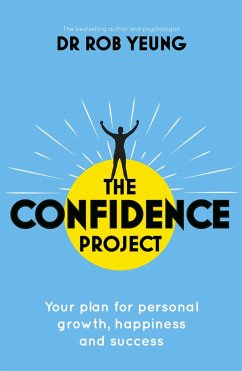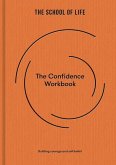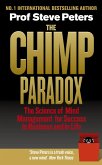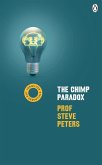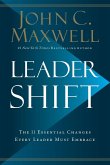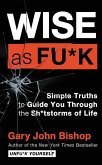Often the only thing separating successful people from the crowd is the beliefs that they have running around inside their heads and their innate self-confidence. But this book isn't about promoting unrealistic positive thinking - it's a book that helps you understand the complex psychology of our beliefs, our assumptions, opinions, values, attitudes, judgements, biases and delusions. Some of us overestimate ourselves and are overconfident or even unwittingly arrogant and unable to see our flaws.
Hinweis: Dieser Artikel kann nur an eine deutsche Lieferadresse ausgeliefert werden.
Hinweis: Dieser Artikel kann nur an eine deutsche Lieferadresse ausgeliefert werden.

